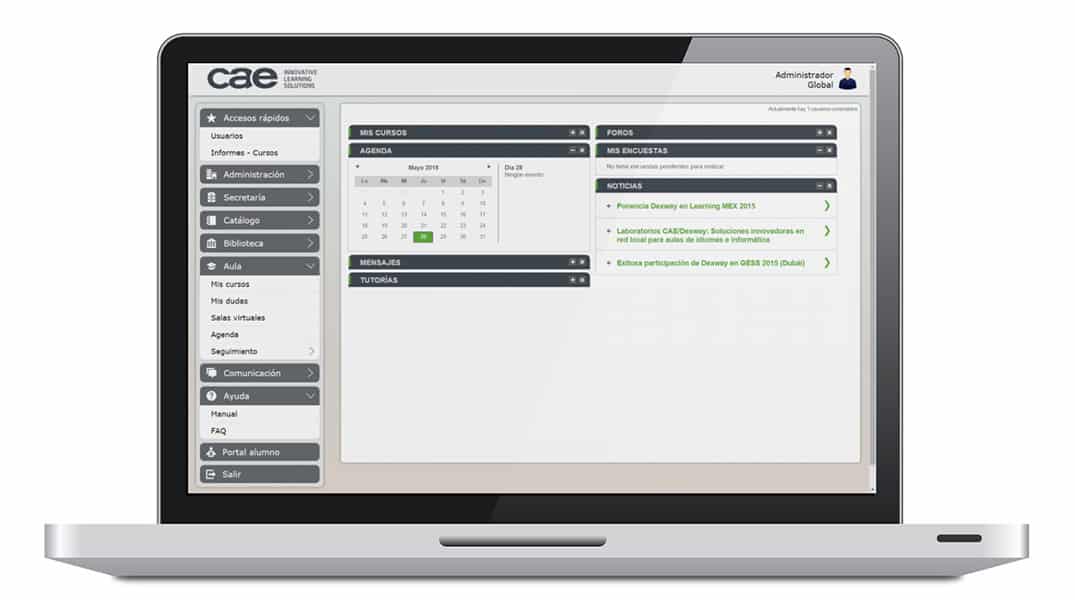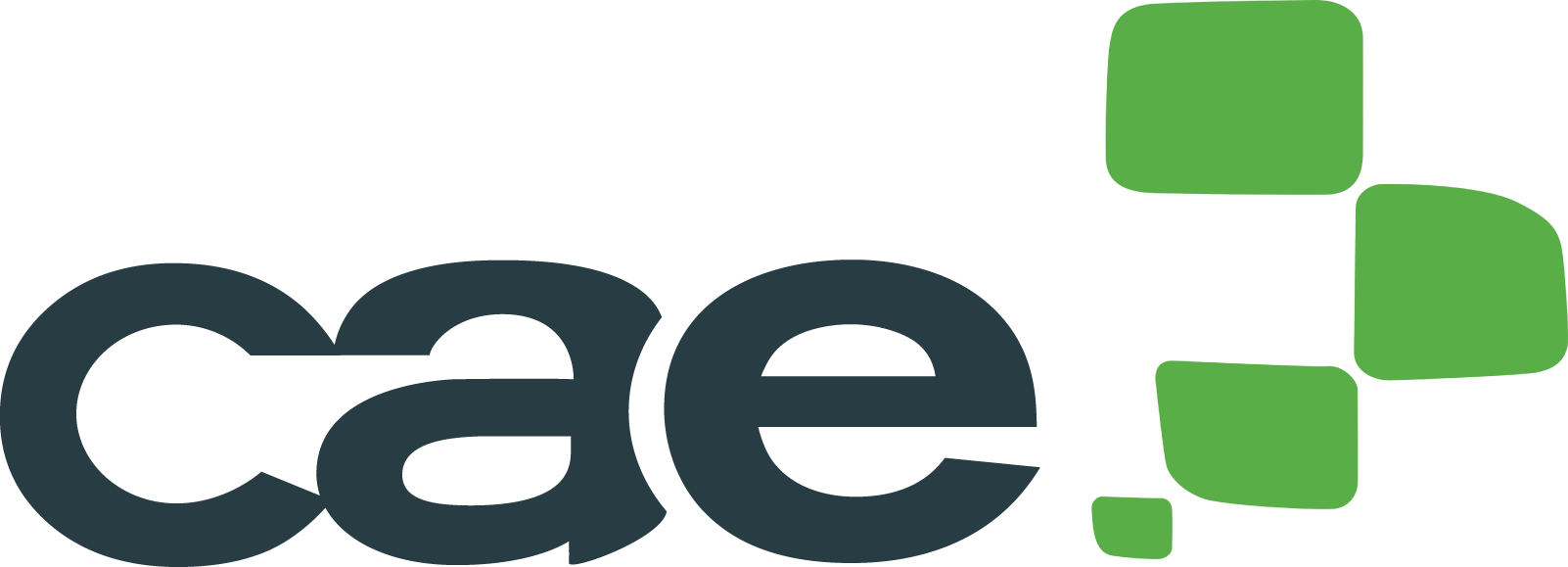More and more students choose online courses to continue their studies. Time and flexibility are the most common reasons for the choice, but if the course is not accompanied by an effective platform with quality content that really meets the needs of the students, there can be a high level of dropouts. That’s why the main features of an LMS you choose are vital for success in training.
E-learning provides excellent opportunities in terms of professional and personal development, but it can be a real challenge for administrators to keep everything in check. That’s where a training management system really comes into it’s own. An LMS/LMCS is a piece of software that functions as a virtual classroom for learners and a management hub for administrators. This software makes it possible to easily keep track of course administration, documentation, reporting and delivery, all from one central control panel.
There are a wide range of learning management systems on the market and many of them vary greatly in terms of quality and price. Organisations who are thinking about investing in an LMS need to make sure they have done their research and sourced a system that will do everything they need it to.

7 key characteristics that define e-learning platforms
All LMS are not identical. The ability to deliver quality, reliable training that fosters growth, increases investment, and provides exceptional value to students depends largely on the specific characteristics of each platform. Among the main features of an LMS (e-learning platform) that must be taken into account when deciding on one or the other, we are going to look at the 7 that, as experts in the design and development of e-learning software and content, seem to us the most important, such as interoperability or accessibility.
#1 Interoperability of e-learning platforms
Can an e-learning platform manage the content created for another platform?
Can a content production tool generate courses that can be implemented on any e-learning platform?
The interoperability of e-learning platforms offers the ability for a platform to display content regardless of who and how it was created and to produce content regardless of the platform on which it will be incorporated.
Choosing a learning management system that is compatible with the main and most widely used standards will provide you with the security of acquiring a product that is compatible with the majority of e-learning developments on the market. Interoperability with widely accepted standards such as SCORM (Sharable Content Object Reference Model), it is not only a convenience, but also a key factor in ensuring that your investment in educational technology is sustainable.
#2 Reusability
Can an online course be reused in another course or in another context?
Can you create an online course on an e-learning platform by combining components that were created for other platforms?
The reusability of e-learning platforms offers a decrease in production time and increases the quality of content. Instead of starting from scratch, it allows you to reuse content that already exists and, if necessary, improve it.
Instead of spending hours creating entirely new content, professionals can extract successful elements from previous materials and reshape them to meet changing needs. This not only saves time, but also allows greater agility in responding to the demands of the educational environment.
#3 Manageability
Can e-learning platforms record the related activity between the user and the content made?
Can the tutor or course instructor see how many times or for how long their students logged onto the course, or find out the result of an evaluation?
Can the actual course content detect the name of who is reading it, or know if it is the first time they have seen it, or on which page the user left during their last visit?
These platform properties are achieved by defining a standard form of communication between the LMS and the online content. Manageability in e-learning platforms is essential in order to optimize the administration, presentation and monitoring of online educational content. By simplifying and streamlining interactions between educators, students, and materials, e-learning platforms enable a more effective and satisfying learning experience for everyone involved.
#4 Accessibility
Can users access the content at any time and from wherever they are?
The accessibility of e-learning platforms is one of the cornerstones of modern online learning, as it ensures that students can fully immerse themselves in educational content without geographical or temporal limitations. This quality translates into the ability to fully access the materials and resources hosted on the platform at any time and from a wide variety of available devices.
Full access means that students are not confined to a specific physical space or a set time to learn. And the same is true for teachers, who can check the status of their groups from any device and at any time. They can even check the status of the latest assignments in real time, while their students are completing them at home.
#5 Durability
Will today’s standards be able to support the technologies that will be used in the future development of e-learning content and platforms?
Another of the e-learning platforms features to take into account is durability. The durability of teaching platforms is a principle intended to prevent the technological obsolescence of online content and standards. This approach seeks to ensure that LMS are resilient to the passage of time and technological changes, which in turn protects investment in resources and ensures a continuous and effective learning experience.
#6 Scalability
Can an online course be enriched with more online content, more materials, more variety, simply and independently of e-learning platforms?
Can the platform expand its functionalities, the number of published online courses, the number of supported users, independently of the structure of the courses?
The scalability of educational platforms offers the possibility of return on investment in e-learning.
#7 Optimization
The main features of the e-learning platforms described above have an additional benefit, the reduction of costs. E-learning platforms allow, among other things, an economical distribution of teaching/learning, from anywhere and at any time.
- Save travel and commuting costs.
- Enables the teachers / educators and students to plan their time efficiently
- Improve student learning.
- Reduce learning time
- Reduce the production costs of online content.
You may also like:

